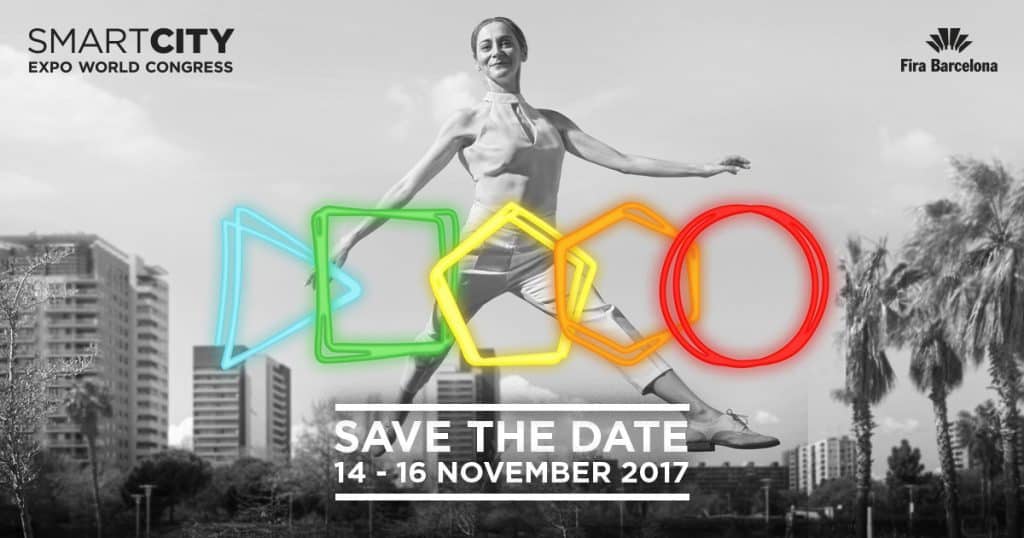From 14 to 16 of November the Smart City Expo World Congress 2017 will bring together over 400 global influencers and innovators to share knowledge, debate the challenges faced by our cities, encourage out of the box thinking and inspire a worldwide call for action in order to develop smarter and more sustainable cities. Tomás Díez, Fab City Research Lab Director at IAAC, and Mara Balestrini, Making Sense Project Leader will participate in the “Data & Tech” debate – “How disruptive technologies are re-shaping cities“.
The leading international event on Smart Cities was born in 2011 in Barcelona, the Smart City Expo World Congress (SCEWC), foresees the largest edition to date, with the participation of 700 cities from more than 120 countries and more than 400 speakers. From 14 to 16 November, the Gran Vía de Fira de Barcelona exhibition centre expects to attract more than 17,000 visitors. With this year’s main theme, Empower Cities, Empower Citizens, the event will focus on strategies to empower metropolies and their citizens through active participation, critical reflection, awareness and access to and control over important decisions and resources.

